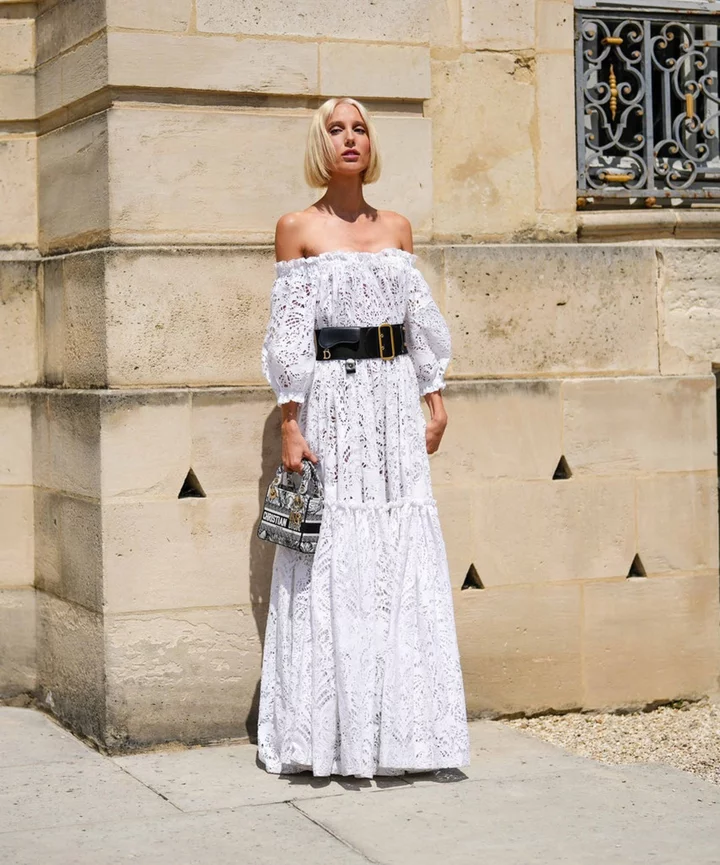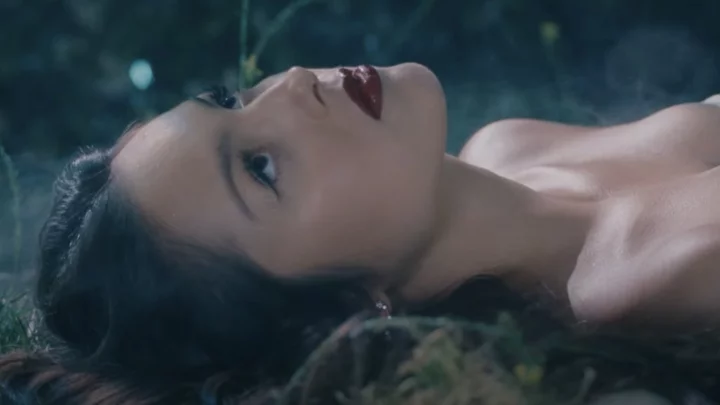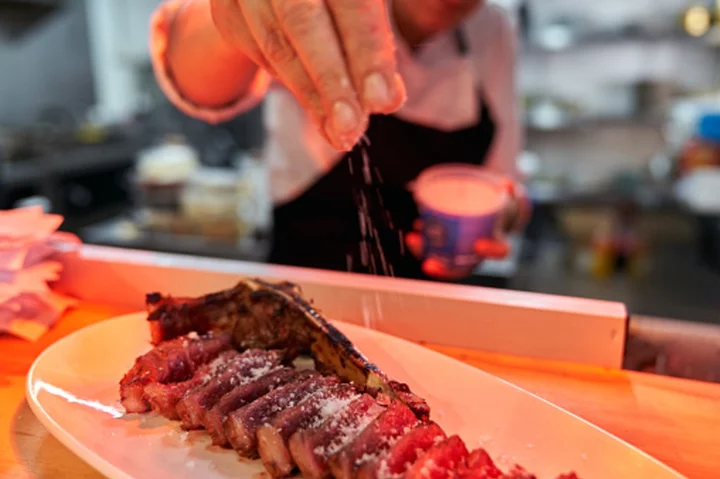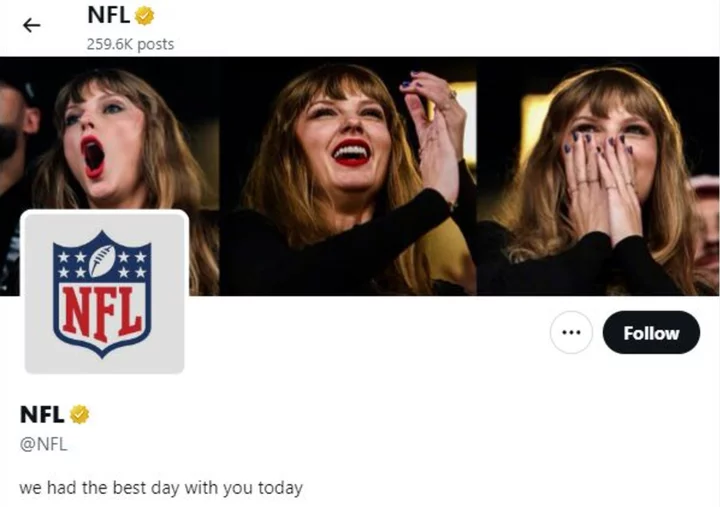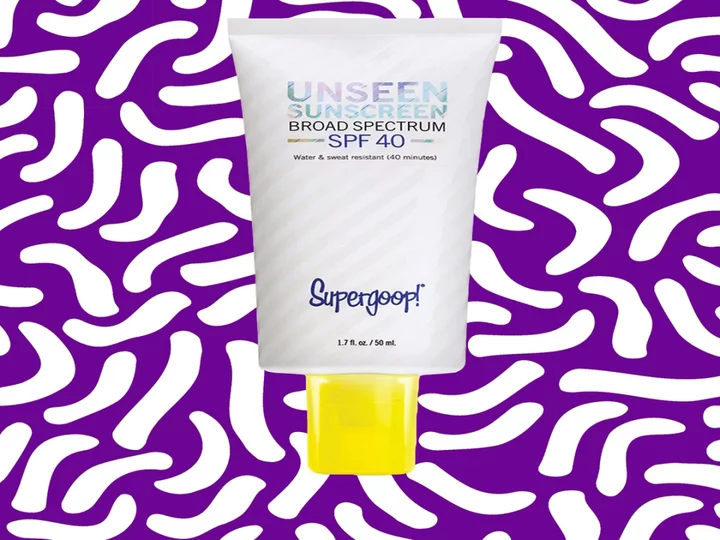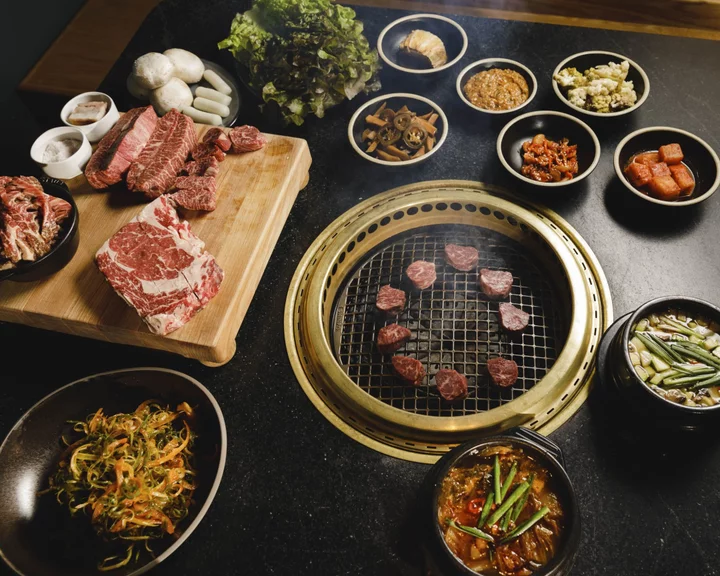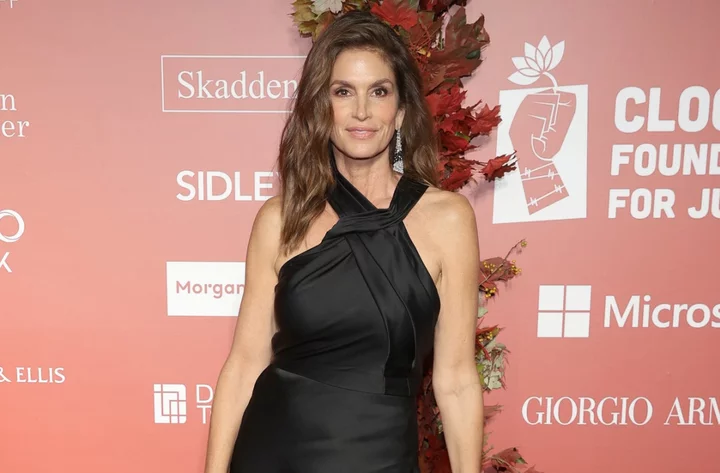No one knows hair color like Tracey Cunningham, especially when it comes to blondes. Think of celebrities who are bordering-platinum blonde — January Jones, Julia Garner, Khloe Kardashian (at the moment she’s very blonde) — they all see Cunningham every six weeks. Now, most people who want the lightest white tone of blonde are seeing their colorist for what’s called a “bleach and tone” — the process of applying bleach to entire head until it’s all white, then applying a toner to get the desired undertone — but Cunningham has an alternate technique that she uses to mitigate damage. She says it’s the reason her blonde clients are able to keep their hair so healthy.
Hairstylists are calling it a “faux” bleach and tone, basically an alternative to the traditional lightening process.
What is a “faux” bleach and tone?
This is a touchup technique to get the hair as blonde as possible without bleaching every single strand. Instead, Cunningham strategically bleaches just the roots, or new growth. “When you do a regular bleach and tone, you’re bleaching every single bit of hair,” Cunningham explains. It’s a root to tip process. This, instead, involves the hair being sectioned with foils, with Olaplex No 2 (a salon-professional bond repair cream) applied to the hair off the root as a barrier to stop the bleach from “overlapping,” which happens when the bleach hits the hair and expands down the hair shaft, touching previously lightened hair.
With this method, Cunningham avoids bleaching the whole head of hair. This is preferable for a few reasons: “Once you’re done with the bleached look, it’s easy to transition back to a regular highlighted color,” explains Cunningham, “and it’s easier on the health of the hair.”
How do you ask for it?
If this makes the whole bleached look sound appealing, Cunningham suggests bringing it up with your colorist. “Say, ‘Can you protect the existing blonde with some Olaplex No 2?‘” she suggests, adding that most colorists should be amenable to maximizing protection for your hair. “Another trick I tell people is to spray Olaplex 0 on their dry hair before they go in to see their colorist. Zero is a pre-treatment. You can spray [Olaplex] 0 all over your hair and get it ready for strengthening before you go in for a regular highlight or blonde touchup and it will strengthen the hair before it gets lightened.”
What’s the maintenance plan?
If you want to be blonde, you have to keep it up. Cunningham recommends using a pre-treatment at least once a week, or whenever you wash your hair. “I don’t know many people who wash their hair everyday, but whenever you do, before you do, put on a treatment, like Olaplex No 3. Before you have your coffee, before you shower. You need it for 20 minutes. Then you hop in the shower, shampoo your hair, and condition as usual.”
According to Cunningham, the pre-treatment is the most important part of the routine. Then, if you’re using heat on your hair, she recommends the new Olaplex Blow Dry Spray (which Refinery29 editors reviewed when it launched with rave reviews). “It’s a blow dry spray that protects your hair from up to 450 degrees of heat,” says Cunningham. “It’s not heavy and you think that it might make your hair sticky but it doesn’t at all. But you do need that protection.”
One of the biggest perks about a “faux” bleach and tone is that it’s easy to go back to a lower-maintenance blonde at any point. “To go back to a more natural dark blonde, I would just start highlighting the hair, leaving some of the natural color at the root. I could balance it out with some lowlights,” says Cunningham. “Though with people who want to be blonde, lowlights can sometimes be a hard sell.”
At Refinery29, we’re here to help you navigate this overwhelming world of stuff. All of our market picks are independently selected and curated by the editorial team. If you buy something we link to on our site, Refinery29 may earn commission.

